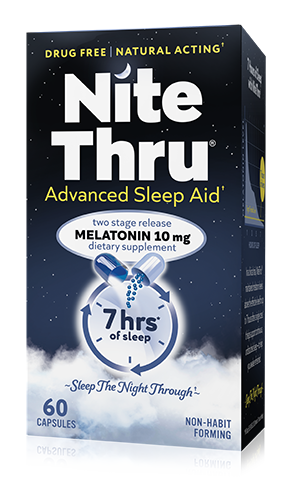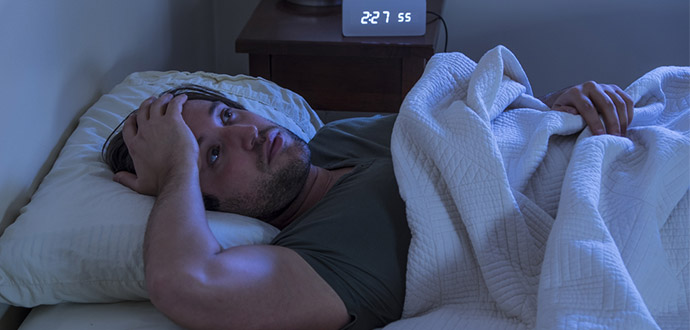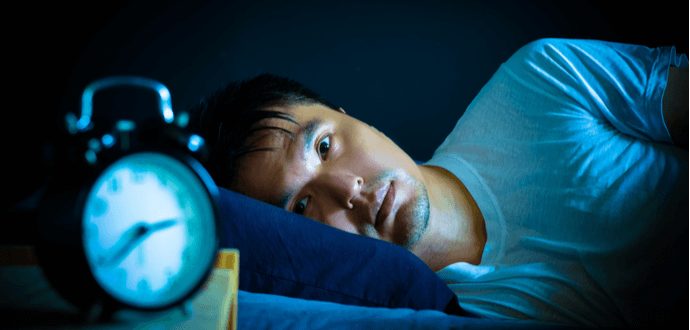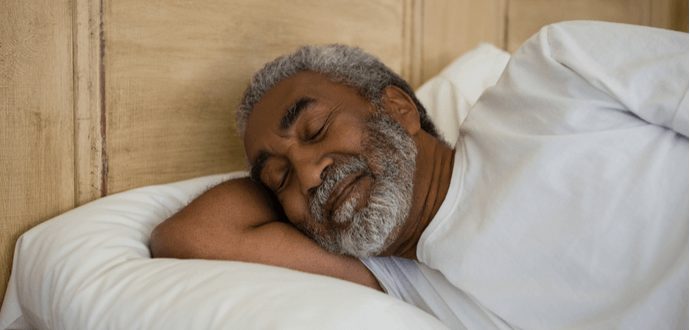The Connection Between Weight Gain and Sleep Problems
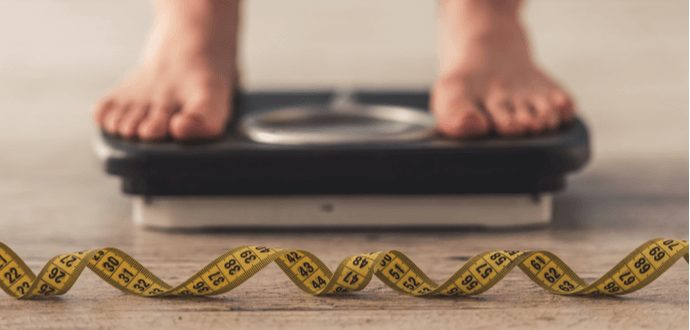
There is a correlation between what the scale reads and how a person sleeps at night. Not only can being overweight or obese lead to sleep issues that range from minor to severe, but sleepless nights can also contribute to a person gaining more weight over time.
This article explores the relationship between weight gain and sleep troubles, including the connection between sleep apnea and weight gain. This article also explains why experiencing sleep apnea and weight loss is difficult and the role of hunger hormones as they relate to sleep and maintaining a healthy weight.
Can Sleep Apnea Cause Weight Gain?
Sleep apnea can be a potentially life-threatening sleep disorder that occurs when a person stops breathing for a period during sleep. A common cause of sleep apnea is when the soft tissues of the palate and mouth block a person’s air passages. Having a large neck size (more than 17.5 inches) may put a person at a greater risk for sleep apnea. Obesity is a major risk factor of sleep apnea.2 Sleepless nights may also lead to overeating during the day and noticeable weight gain over an extended period.
Sleep Apnea and Weight Loss
People who have sleep apnea and weight loss goals are often faced with challenges, but this condition does not inherently prevent a person from reducing body weight. Individuals who are obese may also suffer from diabetes, heart conditions, and fatigue that prevent them from exercising. However, once most people are able to start losing excessive weight, their sleep apnea symptoms begin to improve as well.1
The Role of Ghrelin and Leptin
Certain hormones, such as ghrelin and leptin, play a key role in sleep and body weight as well. When a person does not sleep well, these hormones are affected, and overeating is more likely.
Ghrelin is sometimes referred to as the hunger hormone because it signals to the brain when the body is hungry and should eat. Meanwhile, leptin is the hormone that controls satiety and lets the brain know that the body is full and should stop eating. Other hormones that are impacted by sleeplessness include insulin, which helps the body turn food into energy, and cortisol, which allows fat reserves to be used to fuel the body. Since sleep deprivation causes changes in a person’s hormones that relate to hunger and appetite, it is also possible for a person to experience unhealthy weight loss from sleepless nights as well as unwanted weight gain.3
If a serious medical condition, such as sleep apnea, is causing sleeplessness, it is recommended to first seek treatment for that condition.
References
- Sleep Foundation. Obesity and Sleep. Retrieved December 14, 2018 from https://www.sleepfoundation.org/sleep-topics/obesity-and-sleep/page/0/1
- Mayo Clinic. Sleep Apnea. Retrieved December 13, 2018 from https://www.mayoclinic.org/diseases-conditions/sleep-apnea/symptoms-causes/syc-20377631
- Spiegel, K., Tasali, E., Penev, P.D., & Cauter, E.V. (2004). Brief communication: Sleep curtailment in healthy young men is associated with decreased leptin levels, elevated ghrelin levels, and increased hunger and appetite. Annals of internal medicine, 141 11, 846-50.
“Please note, the material located on our site is for informational purposes only, is general in nature, and is not intended to and should not be relied upon or construed as a therapeutic claim or medical advice regarding any specific issue or factual circumstance.”
